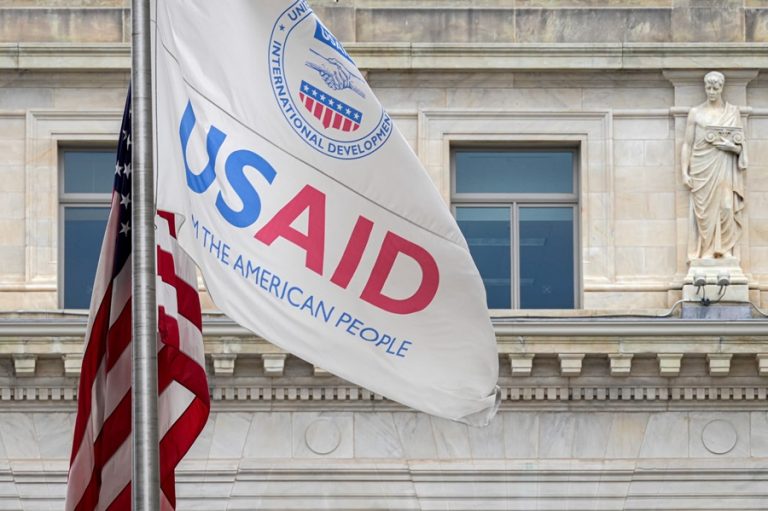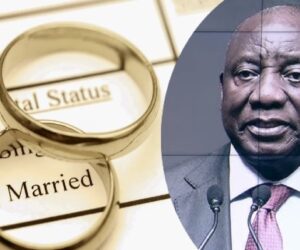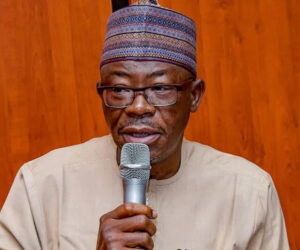The United States has approved $32.5 million in funding to help Nigeria address its worsening hunger crisis, a rare move since former President Donald Trump suspended most aid through the US Agency for International Development (USAID).
The US Mission to Nigeria announced the funding in a statement on Wednesday, explaining that it would provide food assistance and nutritional support to internally displaced people (IDPs) in conflict-affected areas of the country.
According to the Mission, the donation will benefit more than 764,000 people across Nigeria’s northeast and northwest, including “complementary nutrition top-ups for 41,569 pregnant and breastfeeding women and girls and 43,235 children through electronic food vouchers.”
Nigeria is grappling with an escalating humanitarian crisis. In July, Margot van der Velden, the World Food Programme’s (WFP) Regional Director for West Africa, warned that insecurity and cuts in funding had put the country in the grip of “an unprecedented hunger crisis” that could leave more than 1.3 million people without food and force the closure of 150 nutrition clinics in Borno State.
The crisis is not limited to Nigeria. Also in July, the WFP suspended food assistance across several crisis-hit countries in West and Central Africa after US and other global aid cuts severely disrupted its operations. Food stocks for most of the affected countries were projected to run out around September, leaving millions of vulnerable people without emergency aid.
Nigeria’s situation has been compounded by worsening insecurity. In recent months, there has been an uptick in attacks on communities in the northwest and north-central regions, where clashes between farmers and herders over scarce land and water have intensified. In June, at least 150 people were killed in an attack in north-central Nigeria.
In the northeast, an insurgency that has raged for over a decade continues to claim lives and uproot communities. According to the United Nations, the conflict has killed around 35,000 civilians and displaced more than 2 million people.
Boluwatife Enome
Follow us on:








